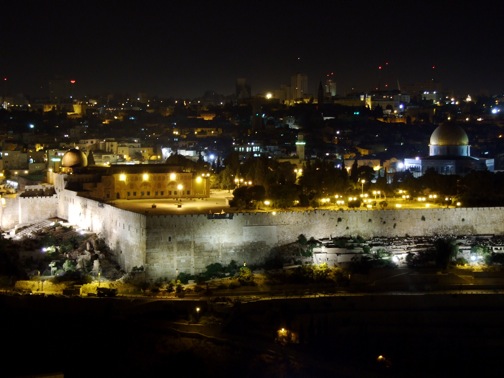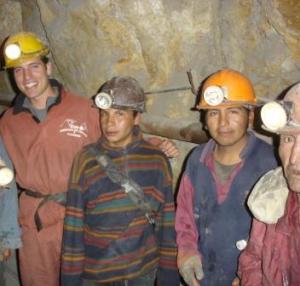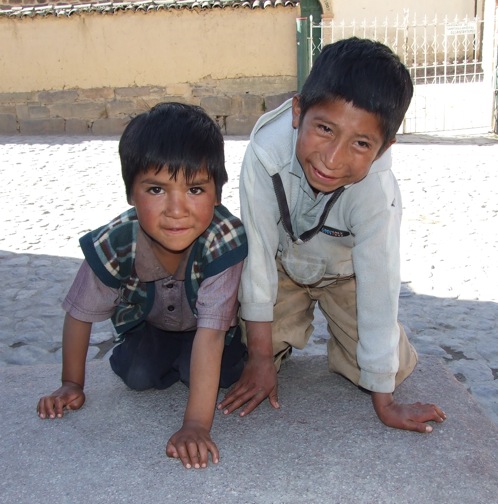
Last year on Tisha B'Av I was in Jerusalem. Seeing the destruction that remains where the Beis HaMikdash should be standing was sobering.
For Rabbi Ben and I one of the most dreaded questions anyone can ask is, “Where do you live?” The truth is, we don’t live anywhere – that’s why Rabbi Ben is the Traveling Rabbi. So I simply respond by telling them, “Oh… We’re homeless.”
It’s true, we are homeless – both literally and figuratively. What shocks people most is that we don’t have any one spot on tierra firma that we call home. “But… where do you sleep? Where do you keep all your stuff? When you go ‘home,’ where do you go?” People ask questions like this all the time. Usually this is followed by some sort of shock – most people fantasize about having “no responsibilities” or “traveling,” but until they meet us, they don’t grasp the full implications of what this kind of lifestyle means. We don’t have a set destination. We don’t have an ending date. We live out of our backpacks. Our lifestyles, like our lives here on this earth, are impermanent and constantly changing.
That rootlessness is something we should all be feeling today. On Tisha B’Av, we are reminded that G-d’s home has been destroyed and that as a result, we have been exiled from ours. Sure, we build communities and houses and we get comfortable and even happy – but none of this is home. We can only have a home when G-d has a home, too.
We need to wake up and realize that we are missing out.
Imagine waking up one morning. Everything is fine. You go out for a walk and when you come back, your house – and all its contents – are up in flames. Now imagine that your entire life’s savings were stored in your mattress. And your friends and family won’t help you out or take you in. You have no home, no place to sleep, nothing. How do you feel?
This is, in fact, how we should all feel, all of the time. In a spiritual sense, this is exactly what has happened to us. And if we want all those things back – the house, the security, the money – we have to work hard to earn it all back, bit by bit. This is what we should learn from Tisha B’Av. Physically, G-d has lost His home – but spiritually, we have lost ours. And if we want it back, if we want that closeness to G-d, that security, we have to work hard for it. We have to work on our middos (character traits) and concentrate on being better people and reversing the sin of sinas chinam (baseless hatred) that caused the Temple to be destroyed.
Today and every day, we are all homeless. Let’s try to remember that. And now… let’s try to rebuild.
Read More










